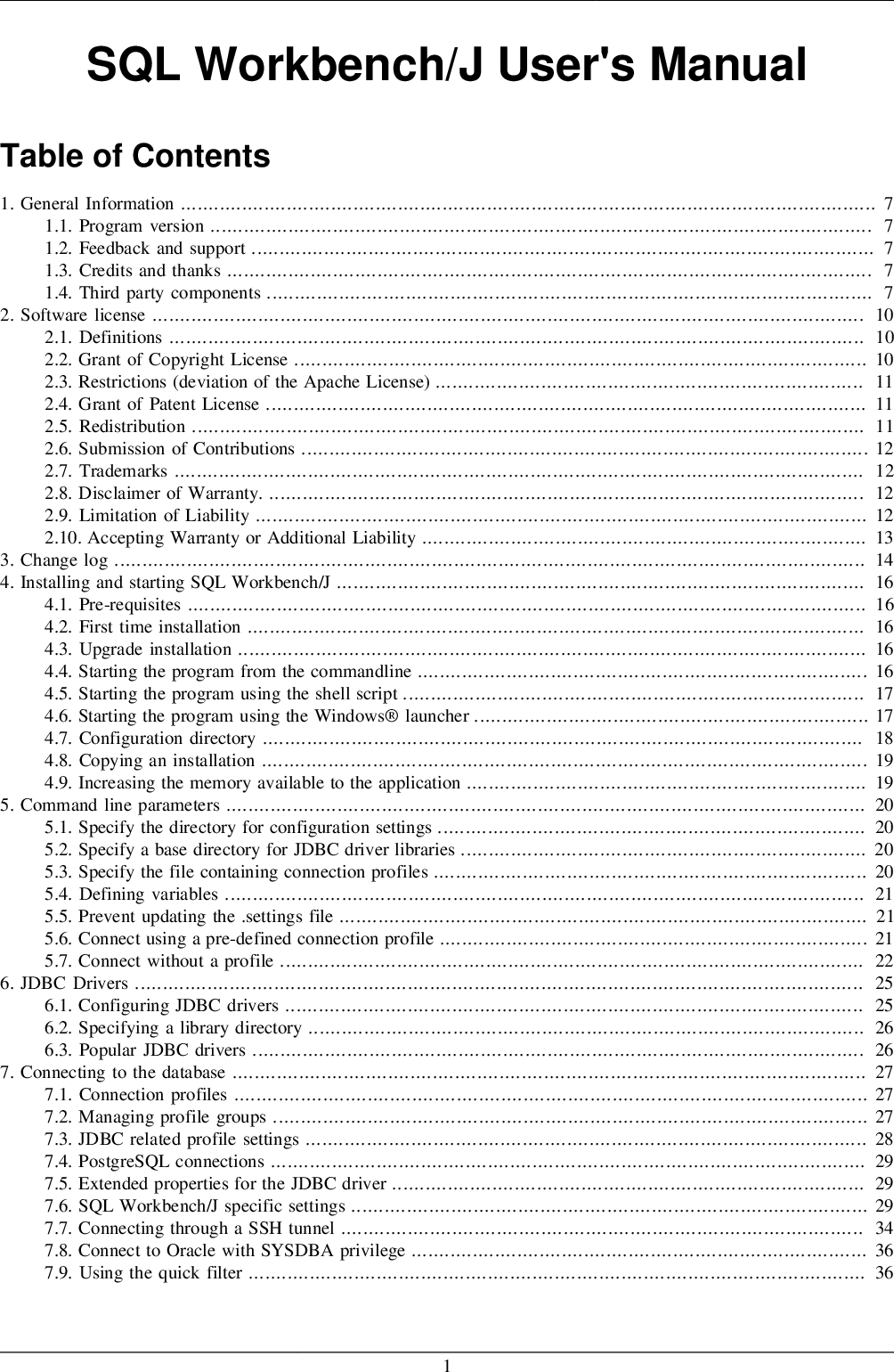

#BASE64 DECODE LINUX CODE#
The XS implementation uses code from metamail. The same approach as a command line: perl -MMIME::Base64 -0777 -ne 'print encode_base64($_)' and Joerg Reichelt and code posted to by Hans Mulder Or if you know you have enough memory use MIME::Base64 qw(encode_base64) 57 bytes of data fills one complete base64 line (76 = 57*4/3): use MIME::Base64 qw(encode_base64) This ensures that the base64 lines line up and that you do not end up with padding in the middle. If you want to encode a large file, you should encode it in chunks that are a multiple of 57 bytes. This will return the same value as length(decode_base64($str)), but should be more efficient. Returns the length that the decoded string would have without actually decoding it.

This will return the same value as length(encode_base64($bytes)), but should be more efficient. Returns the length that the encoded string would have without actually encoding it. # encoded_base64_length( $bytes ) # encoded_base64_length( $bytes, $eol ) This is a variant of the base64 encoding which does not use padding, does not break the string into multiple lines and use the characters "-" and "_" instead of "+" and "/" to avoid using reserved URL characters. $decoded = MIME::Base64::decode($encoded) Īdditional functions not exported by default: # encode_base64url( $bytes ) # decode_base64url( $str )Įncode and decode according to the base64 scheme for "URL applications". This command will decode the base64 encoded text and print the original text on the standard output as shown in the following screenshot. $encoded = MIME::Base64::encode($decoded) For instance to decode base64 encoded text V2VsY29tZSB0byBMaW51eAo, the command would be: echo V2VsY29tZSB0byBMaW51eAo base64 -decode. If you prefer not to import these routines into your namespace, you can call them as: use MIME::Base64 () Characters occurring after a '=' padding character are never decoded. This function takes a single argument which is the string to decode and returns the decoded data.Īny character not part of the 65-character base64 subset is silently ignored. # decode_base64( $str )ĭecode a base64 string by calling the decode_base64() function. Use the Encode module to select the byte encoding you want. The base64 encoding is only defined for single-byte characters. The function will croak with "Wide character in subroutine entry" if $bytes contains characters with code above 255. Pass an empty string as second argument if you do not want the encoded string to be broken into lines. The returned encoded string is broken into lines of no more than 76 characters each and it will end with $eol unless it is empty. The second argument is the line-ending sequence to use. The first argument is the byte string to encode. The following primary functions are provided: # encode_base64( $bytes ) # encode_base64( $bytes, $eol ) Įncode data by calling the encode_base64() function. A 65-character subset () of US-ASCII is used, enabling 6 bits to be represented per printable character.

The base64 encoding is designed to represent arbitrary sequences of octets in a form that need not be humanly readable. This module provides functions to encode and decode strings into and from the base64 encoding specified in RFC 2045 - MIME (Multipurpose Internet Mail Extensions). $decoded = decode_base64($encoded) #DESCRIPTION $encoded = encode_base64('Aladdin:open sesame')
#BASE64 DECODE LINUX FOR MAC#
Alternatively you can use the keyboard bindings CMD-ALT-C and CTRL-ALT-C for Mac & PC respectively.MIME::Base64 - Encoding and decoding of base64 strings #SYNOPSIS use MIME::Base64
#BASE64 DECODE LINUX WINDOWS#
To active the command simply launch the command palette ( Shift-CMD-P on OSX or Shift-Ctrl-P on Windows and Linux), then just type Encode/Decode: Convert Selection, then a menu of possible conversions will be displayed. The extension provides a single command to the command palette. String to MD5/SHA1/SHA256/SHA512 (as Base64 or Hex).The Encode/Decode (ecdc) extension allows you to quickly convert one or more selections of text to and from various formats.


 0 kommentar(er)
0 kommentar(er)
